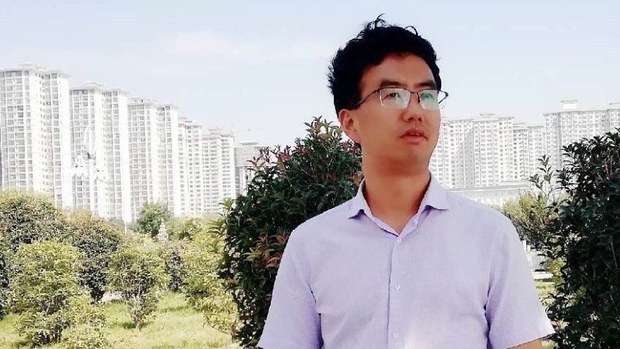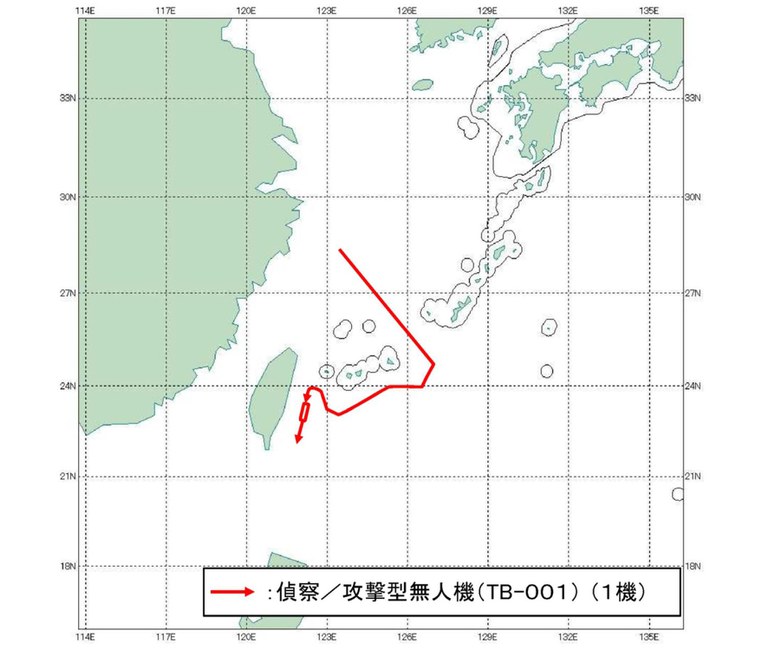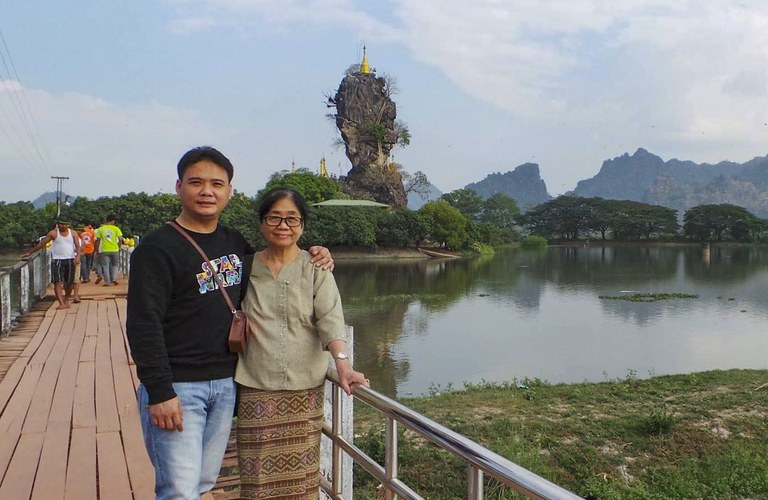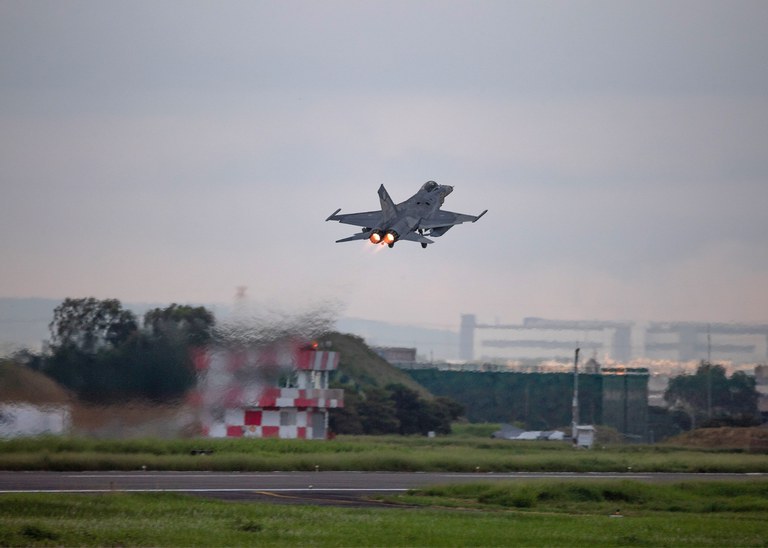Tibetans returning from exile questioned by Chinese authorities
Tibetans returning from exile to their home regions in Tibet are being summoned for questioning by Chinese authorities watching for signs of disloyalty or separatist sentiment, Tibetan sources say. Returnees living in Golog (Chinese, Guoluo) and Ngaba (Aba) counties, Tibetan-populated regions in western China’s Qinghai province, have recently been called in by police without warning, a Tibetan living in exile told RFA this week. “They are being asked about possible involvement in political activities,” RFA’s source said, citing contacts in the region and speaking on condition of anonymity for security reasons. “Frequent meetings are being held to tell them how to live ‘a decent life’ under Chinese government rule and to stay away from sensitive political issues, and they are also being questioned over the phone from time to time,” the source said. As part of a broadening Chinese campaign of political education, Tibetans returning from exile to their former homes have been taken on excursions to Chinese cities to show them what the authorities call evidence of progress and development under Communist Party rule, the source added. Tibetans returning from exile to Tibet’s regional capital Lhasa are kept under particular scrutiny, another source in exile said, with their cell phones regularly inspected and monitored and their movements restricted around politically sensitive dates like the July 6 birthday of exiled spiritual leader the Dalai Lama. Efforts by China to bring Tibetans back to Tibet have escalated in recent years, with Chinese authorities reaching out to Tibetans living in India and Nepal about their plans to return and asking them what kind of work they are currently doing, sources say. “The Chinese government tried to send me money back when India was experiencing its worst wave of COVID cases, but I wouldn’t take their money,” said a Tibetan man now living in India but formerly from Qinghai. “They called me and tried to convince me to return, and they also interrogated my parents at their homes back in Tibet,” he added. COVID status Chinese authorities in Sichuan are meanwhile demanding that local Tibetans report the COVID status of relatives living outside the country, threatening them with the loss of housing subsidies and other government support if they fail to disclose the information, sources told RFA in earlier reports. Tibetan families must also reveal the cell phone numbers and social media accounts of their relatives living outside of China, one source said. China closely tracks communications from Tibetans living in Tibetan areas of China to relatives living abroad in an effort to block news of protests and other politically sensitive information from reaching international audiences, sources say. Formerly an independent nation, Tibet was invaded and incorporated into China by force more than 70 years ago, and the Dalai Lama and thousands of his followers later fled into exile in India and countries around the world following a failed 1959 national uprising against China’s rule. Tibetans living in Tibet frequently complain of human rights abuses by Chinese authorities and policies they say are aimed at eradicating their national and cultural identity. Translated by Tenzin Dickyi for RFA Tibetan. Written in English by Richard Finney.






